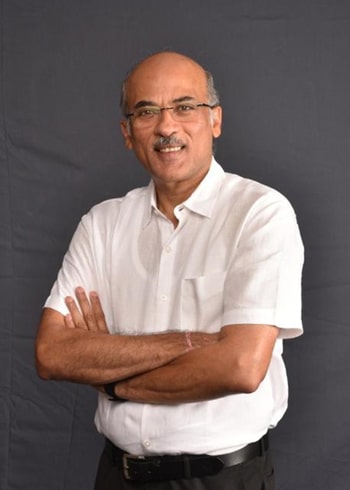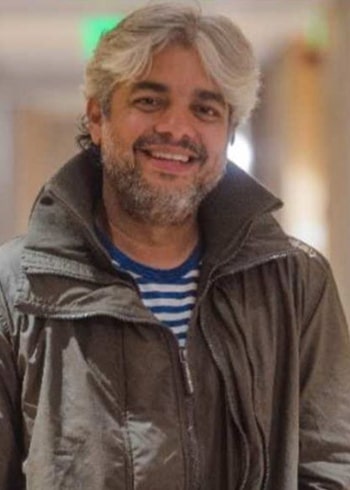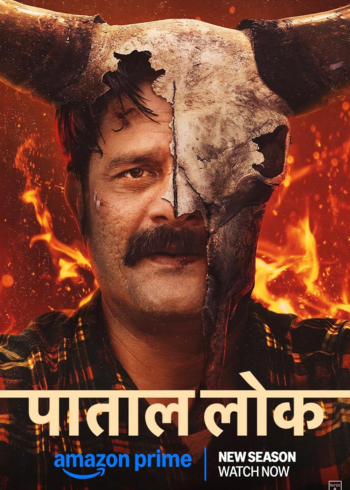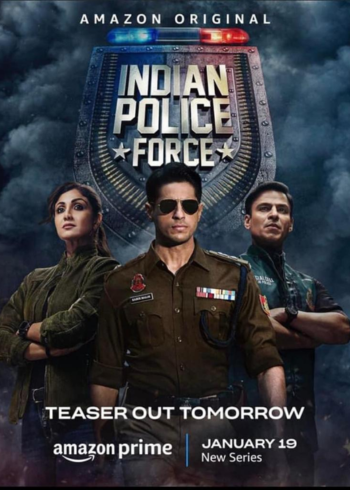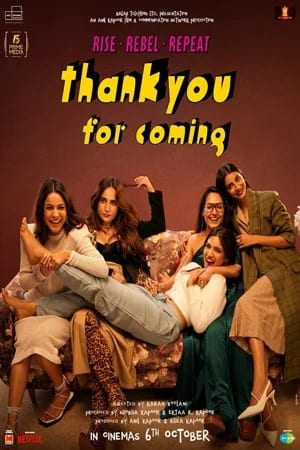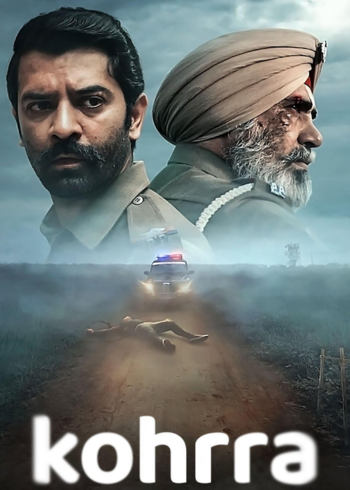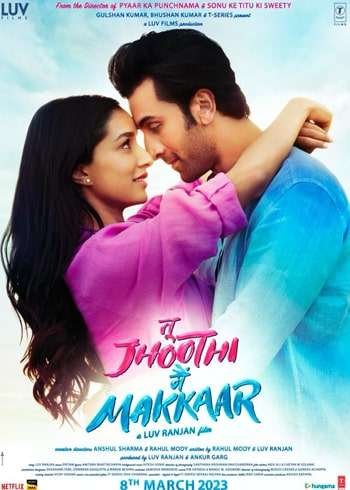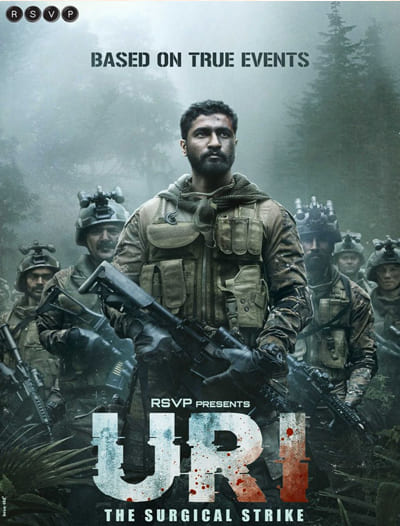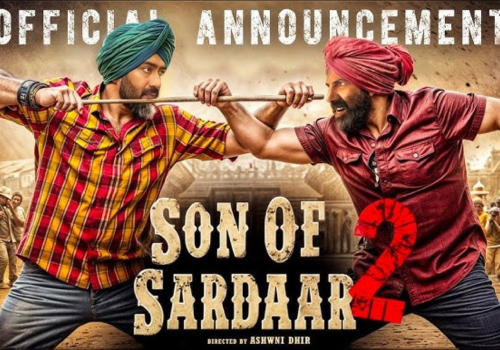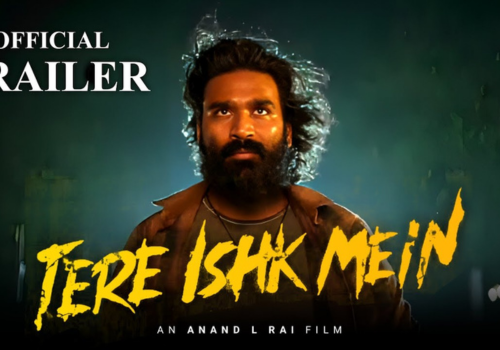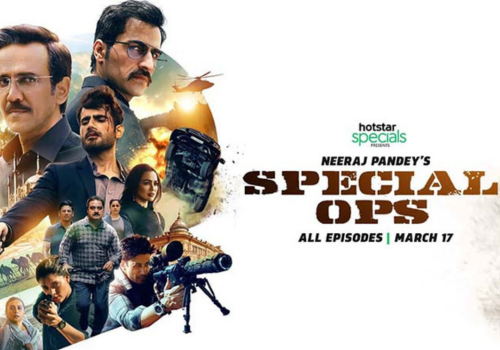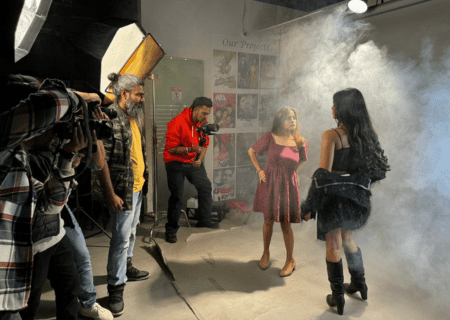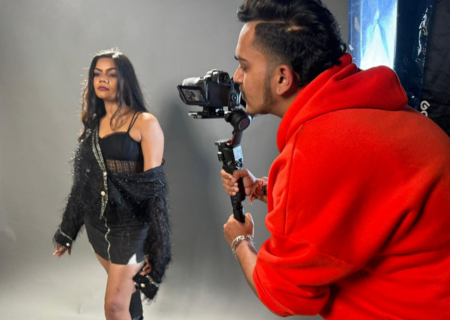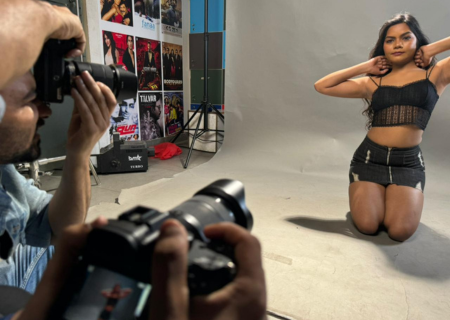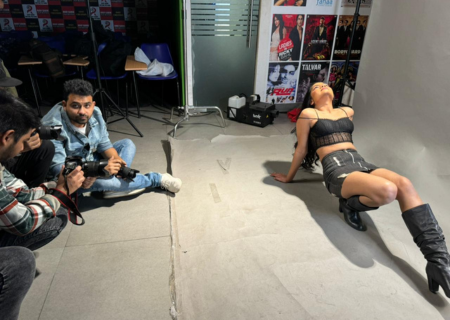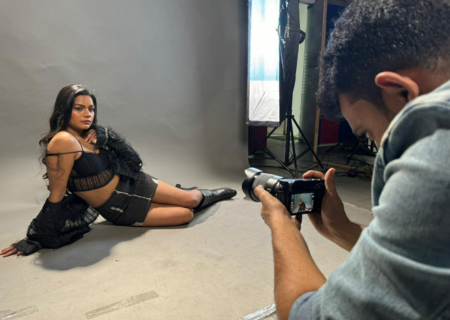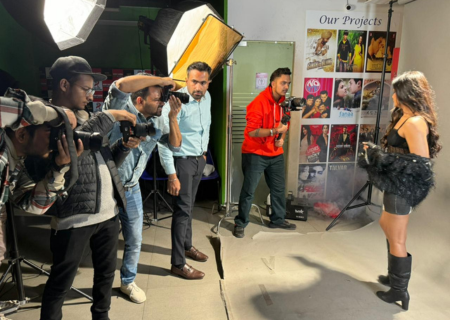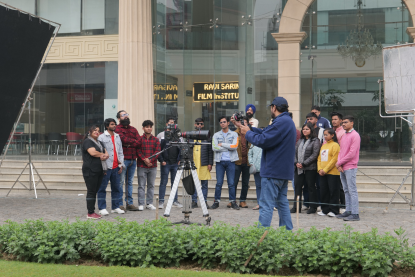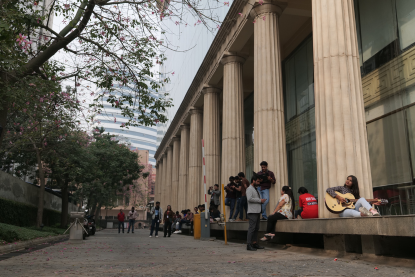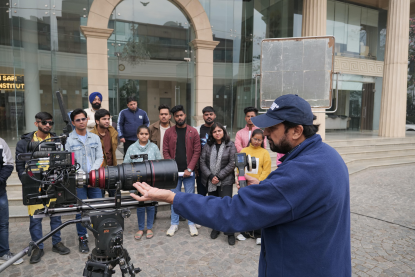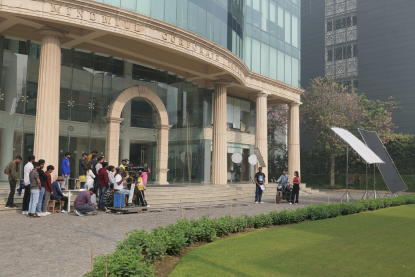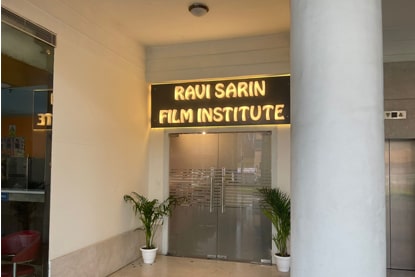BSc in Cinema (Specialization in Cinematography)
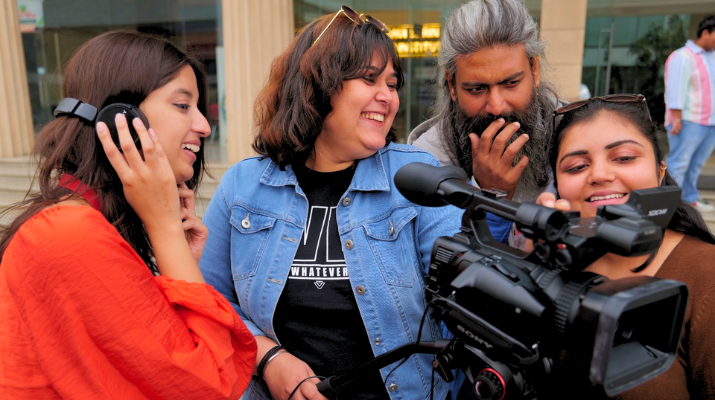
Our Top Recruiters
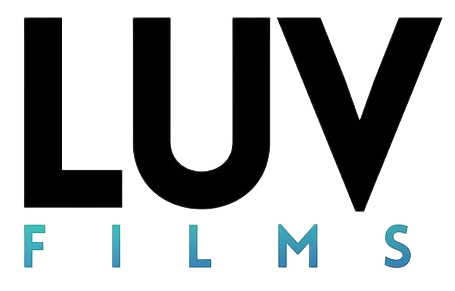





RSFI Institute Offer B.Sc in Cinema
(Specialization in Cinematography)
balance between visual aesthetics and technical studies, thereby
developing students as professional cinematographers for the
modern world. This course goes beyond composition, lighting,
equipment selection, camera movement, and visual effects. It focuses
on transforming ideas into compelling moving images, providing
audiences with an immersive cinematic experience. Join RSFI
Institute to master the art and craft of cinematography.
Key Learnings
- Design and execute images specific to narrative productions.
- Demonstrate technical control over the elements of cinematography, including exposure, lighting and composition.
- Develop an understanding of collaboration between the cinematographer and director.
- Prepare basic pre-production materials to support the production of a short film.
- Demonstrate basic skills in the roles of camera assistant, gaffer and key grip.
- Explore the progression of technology and broad artistic trends throughout the history of filmmaking.
- Successfully completed a variety of short film projects, managing each project through the pre-production, production and post-production phases.
Course Projects
Our Syllabus
- Focuses on reducing stage fright, developing confidence and understanding presentation skills.
- Introduction to core forms and concepts of films.
- Understanding primitive, early cinema and enhancing the basic knowledge of films.
- Introduction to still photography and design technology.
- Application and importance of technology in the field of photography.
- Introduction to Adobe Photoshop.
- Directing and producing individually.
- Focuses on reducing stage fright, developing confidence and understanding presentation skills.
- Introduction to core forms and concepts of films.
- Understanding primitive, early cinema and enhancing the basic knowledge of films.
- Introduction to still photography and design technology.
- Application and importance of technology in the field of photography.
- Introduction to Adobe Photoshop.
- Directing and producing individually.
- Developing advanced acting and directing skills.
- Exploring the history of cinema after WW I and WW 2.
- Importance of lightning and cinematography in storytelling.
- Understanding the art of film and video editing.
- Learning the techniques and practice of assembling the shots into a coherent film and TV program.
- The importance of elements like movements, camera, lighting, make-up, sets, props, etc., in a composition of frame or shot.
- Learning to interpret the mood, character, and story of the movie.
The early years of Indian cinema through screening, discussions and reviews.
- Aesthetics of make-up, costumes and jewellery.
- Understanding the significance of costumes and make-up in the entertainment industry.
- Developing the sense and ability of the craft.
- Directing and producing montage and music videos individually.
- Understanding the process of cutting up a film and editing it.
- Specialization in Cinematography, covering the concepts of Composition, lighting, equipment selection, camera movement, visual effects to give the audience a fulfilling cinematic experience.
- In this subject, students will learn to perform the role of the cinematographer as technician, manager and storyteller.
- They will acquire hands-on skills with grip, electric and camera equipment.
- They will learn how these skills can be applied to workflows in pre-production, principal photography and post-production.
- Introduction to the different cultures and art forms.
- Understanding the essence of religions, history, political theories, beliefs, and language.
- Exploring Iranian, French, Latin and Korean cinema.
- Screening, discussions, and reviews of the films.
- Learning individually to direct and produce 10-12 minutes short films.
- Developing a sense of selecting the right location, conceiving 3D visuals.
- Developing the feel and look of each frame.
- Learning to supervise the décor and sticking to budget allocation.
- Introduction to a broad range of ethical and legal issues pertinent to film and media.
- Analysing techniques to deal with moral dilemmas.
- Analysing moral, legal and ethical conduct pertaining to professional communication.
- Understanding the rise of Indian cinema in the 90s and beyond.
- Learning how to market and distribute films around the globe.
- Understanding the trends of distribution and exhibition of films in the current scenario.
- Directing and producing 15-20 minutes non-fiction film.
- Final Showreel -Pre –Production, Production & post Production
SEMESTER-1
- Introduction to Photography
- Camera
- Lighting and Visual Communication
SEMESTER-2
- Introduction to Camera & Lighting technique
- Terminology in Cinematography
- The Shot and How to Frame It
- Camera Angles
- Lighting Techniques
- Set Lighting
SEMESTER-3
- Introduction to Cinematography
- Concept of Exposure
- Composition and its Techniques
- Terminologies & Digital Imaging
- Camera Lens & Optics Camera Lens & Optics
- The Third Dimension
SEMESTER-4
- Seven pillars of method acting
- Visual Storytelling
- Camera movements
- Continuity
- Digital Video Techniques
- Film Shooting Techniques
- Types of Cuts and Practical Exercise
SEMESTER-5
- Lighting Techniques
- 3-POINT LIGHTING SETUP
- Digital Imaging Techniques
- Set operations
- Practice Basic Scene Lighting of a Film Set
- Shooting for Documentaries- Musical Videos- Short Films
SEMESTER-6
- Having a show reel is not just a tool; it is the most important tool. The show reel is a resume. It is the video where every ounce of the students' efforts has to be put in to show, not only the he things they have filmed, but the versatility of your editing and being able to show different styles
- Final Diploma Film (Fiction-Non Fiction)
- This will be the final Graduating collaborative group Project, where all the students will be working with each other to complete the project










